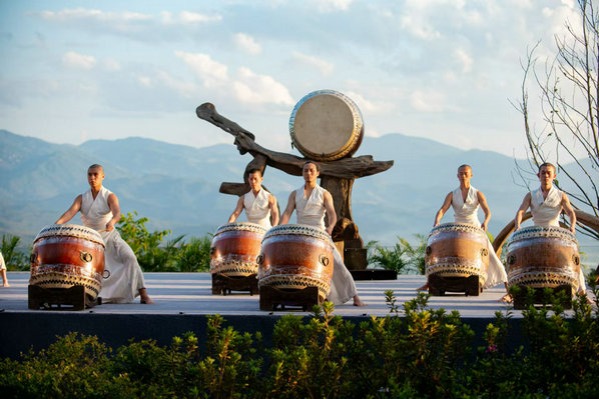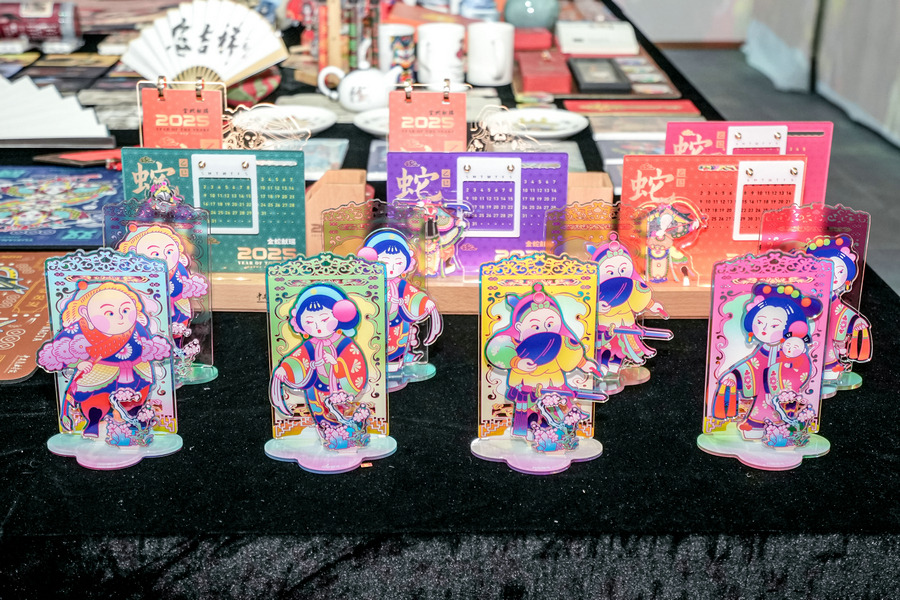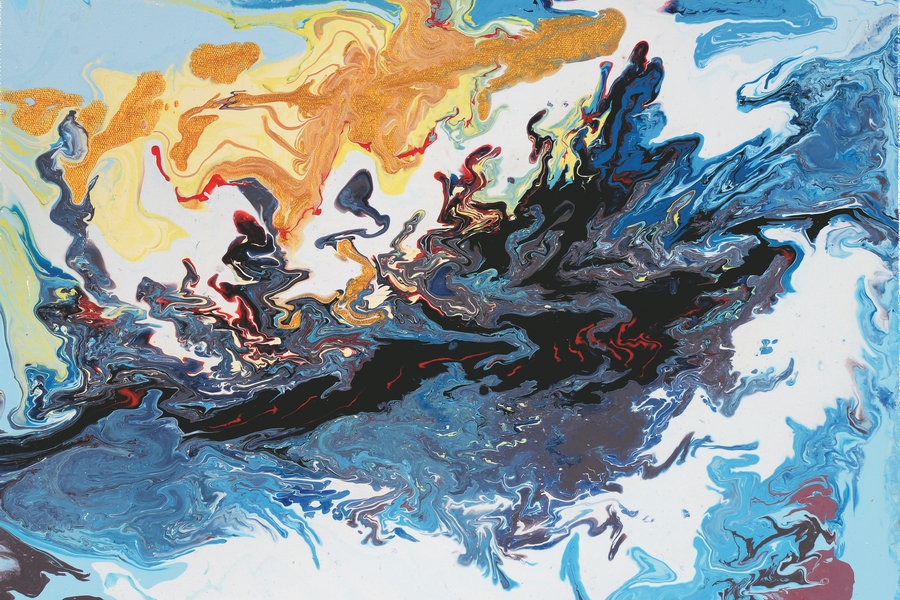Restorer's hands-on approach


They filled in more than 1,000 survey forms, kept detailed notes of approximately 350 on-site restorations, created 297 hand-drawn images of the various defects, and took over 1,300 photos.
It took Chen's team over three years of effort and some 100 experiments to be able to finally concoct a formula for the optimal adhesive material.
"They have to be suited to the Guanyin statue, which has a sandstone texture, as well as to the high temperatures and humid environment," Chen explains, adding that every decision and move was made based on studies of the statue, its associated history and scientific papers.
For example, she and her team went to Sichuan, Hebei and Shandong provinces to study rock carvings, to try to work out how to mend the statue's broken right hand.
"There was evidence of ancient repair work, but it showed inconsistency with the original," Chen says.
She proposed creating a detachable hand based on the symmetrical features of the statue, because there is still a minor inconsistency in the angle of the remaining bracelet buckles for the hands.
"Therefore, future fixes will be easier to apply, should more issues come to light," Chen says.
During restoration, she and her team stood on the scaffold, facing the cold stone wall and inhaling the pungent odor of the restoration materials every day.
They also had to withstand both oppressive heat and bitter cold as the seasons changed.
"In our line of work, in addition to professional skills, one also requires a superlative degree of patience, a high sense of responsibility and a strong sense of perseverance," Chen says.




































